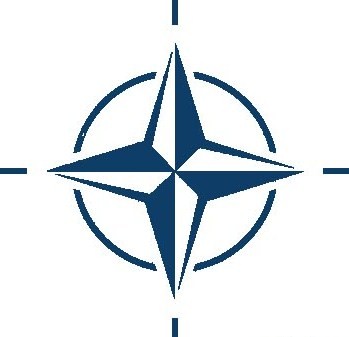LOC22:29
19:29 GMT
 NATO logo
NATO logo
WASHINGTON, June 5 (KUNA) -- A NATO military commander said on Tuesday that there was no evidence that the Iranian government was arming Taliban fighters in Afghanistan.
"I have not seen conculsive evidence there is anything in the way of formal sanctioning by the Iranian government for what we have found", said Commanding Officer of NATO forces in Afghanistan, US General Dan K. McNeill.
But McNeill said the international forces had intercepted two convoys inside Afghanistan with Iranian-made munitions, weapons and explosives similar to those found in Iraq, but stressed that there was no evidence to link the Iranian government with the shipment of such weapons to the hands of Taliban forces.
"It is not uncommon to find weapons and munitions from lots of countries. This is a country that has known 25 years of war and now about five years of an insurgency. Weapons have come into this country at various times from various other countries", added McNeill in a Pentagon operation update briefing via videoconference from Afghanistan.
McNeill acknowledged an increase in the pace of violence in Afghanistan mainly by Taliban forces.
"Certainly we have seen an increase in asymetric types of attacks", he noted while acknowledging the increase of insurgent activities and suicide bombing in Afghanistan.
Secretary of Defense Robert Gates visited Afghanistan this week for his second official trip to that country since he took office in December 2006 as more than 78 US and international soldiers have died in Afghanistan since the start of this year.
"There has been a lot of talk about a Taliban spring offensive. Perhaps, we are seeing that now. I am not certain it is what I would judge an offensive", he added.
McNeill took over the command of the 36,000-multinational International Security Assistance Force (ISAF) in Afghanistan last February.
The United Nations Security Council established ISAF under Resolution 1386 on December 20, 2001 following the fall of Taliban.
After a deadliest year for NATO forces in 2006, the north atlantic alliance launched a military campaign, called Operating Achilles, to halt the progress made by Taliban in securing Southern Afghan territories, mainly in Helman and Kandahar.
There are five NATO regional commands in Afghanistan, the Regional Command North led by Germany with around 3,000 troops, Regional Command West led by Italy with 2,000 troops, Regional Command East led by the United States with nearly 16,000 troops, Regional Command Capital with a rotation basis command between Turkish, Italian and French officers, and lastly Regional Command South of 9,000 troops led by a rotation of British, Canadian and Dutch officers.
McNeill said that NATO troops killed "one or two Taliban leaders and had captured several more" in the North of Helmand, adding that Afghan President Hamid Karzai is negotiating with many tribes leaders in this region who want Taliban elements out of their villages.
McNeill said that Operation Archilles is intended to set the secure stage for the Kajakai project for Helmand, a "refurbishment of a hydroelectric dam presently producing about 10 to 12 megawatts of electricity" and will take over two years to finish and produce 51 megawatts of electricty and create more than 2,500 jobs.(end) jm.mt KUNA 052229 Jun 07NNNN